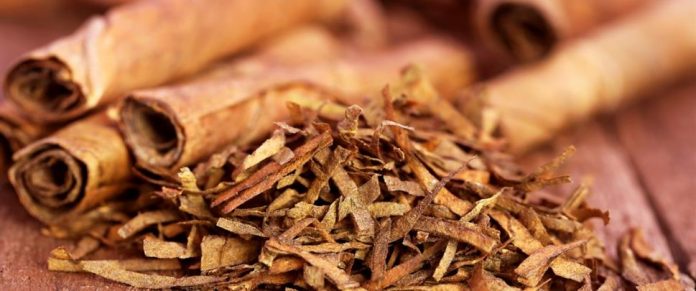PESHAWAR – Farmers in Khyber Pakhtunkhwa have voiced concern over what they describe as unfair pricing practices and grading irregularities by tobacco companies. Growers say the system benefits middlemen while pushing small-scale farmers into losses, particularly after a season of weather-related crop damage.
Muhammad Ali Dagai, provincial organiser of the Kisan Jirga, said recent hailstorms and rain affected the quality of the tobacco crop, complicating grading. “As soon as the crop was ready, unexpected weather hit. That reduced output and triggered grading disputes,” he said. He added that the Pakistan Tobacco Board announced procurement prices and demand just two weeks before buying started—despite legal provisions requiring this to be done in October.
According to Muhammad Ali, some companies are relying on agents to purchase tobacco below official rates instead of fulfilling their declared quotas. He said this practice leaves farmers without direct access to the market and at the mercy of intermediaries.
Growers also allege that companies delay payments beyond the one-month limit set by law. Dagai claimed that, despite repeated violations, no action has been taken. He further criticised what he described as a decades-long imbalance in favour of companies, stating that farmers were often unaware of how production forms were being filled on their behalf.
Tobacco remains one of Pakistan’s largest tax-contributing sectors, and growers argue that KP produces most of the crop. However, they say many manufacturing units operate outside the province, and local farmers struggle to meet company demands set elsewhere.
Farmer Sarir Khan said many producers are forced to sell through agents at prices lower than the government-mandated rates. “The cost of growing tobacco on one acre is around 920,000 rupees. Unless we get at least 920 rupees per kilogram, we’re in loss,” he said. The government has set the per-kilo rate at 903 rupees in Buner, 952 in Mansehra, and 743 in Mardan, Charsadda and Swabi.
The Pakistan Tobacco Board’s spokesperson, Owais Afridi, acknowledged that grading challenges occur early in the season due to the nature of the crop. “The first and last leaves have lower quality and affect grading. Once the middle leaves enter the market, grading issues ease,” he said. Afridi added that while this is one of the most profitable crops in agriculture, it also draws the most complaints. “Sugarcane and vegetable growers often work at a loss, but they don’t raise as many concerns.”
Responding to the allegations, Imad Ud Din, Head of Leaf at Pakistan Tobacco Company, said the company strictly adheres to the grade standards set by the Pakistan Tobacco Board. “PTB officials are making unannounced visits to our buying stations to ensure that purchases comply with the Marketing Rules,” he said. He added that PTB had issued advisories via digital and print media to educate farmers about proper grading and avoiding the mixing of damaged or non-tobacco materials.
“We remain focused on high-quality production and long-term sustainability of the crop, which ultimately benefits farmers,” he said. “We are purchasing tobacco from our agreement-holder farmers strictly in line with grade specification”,and provide proper communication and valid reasons for any rejections.”
Imad said the company has a dedicated team that trains and supports farmers throughout the year, provides crop inputs, and invests in quality initiatives aimed at improving yield and consistency. “Our products are not limited to domestic consumption,” he said. “We maintain a significant volume of exports, and meeting international standards requires uncompromising quality in procurement.”
Company sources, when contacted separately, attributed some of the unrest to political interference. “Each year this issue arises, partly due to political figures who push farmers to protest. Some agents have links to these individuals and use protests to pressure companies,” one source said.
Former National Assembly speaker Asad Qaiser said about 70,000 families in Swabi depend on tobacco farming. He criticised the delay in setting prices and the absence of a director at the tobacco board, calling it a governance gap. “According to the law, prices should rise annually. But without strong leadership, companies dictate rates,” he said.
This year, the board fixed the quota for KP at 74.8 million kilograms. Despite weather damage, production is expected to reach 95 million kilograms—down from initial projections of 125 million. Farmers say companies already hold large stocks from previous years, reducing their buying this season.
While both growers and companies continue to present conflicting positions, calls are growing for stronger regulatory oversight to ensure that pricing, procurement, and payment systems remain transparent, timely, and within legal frameworks.




